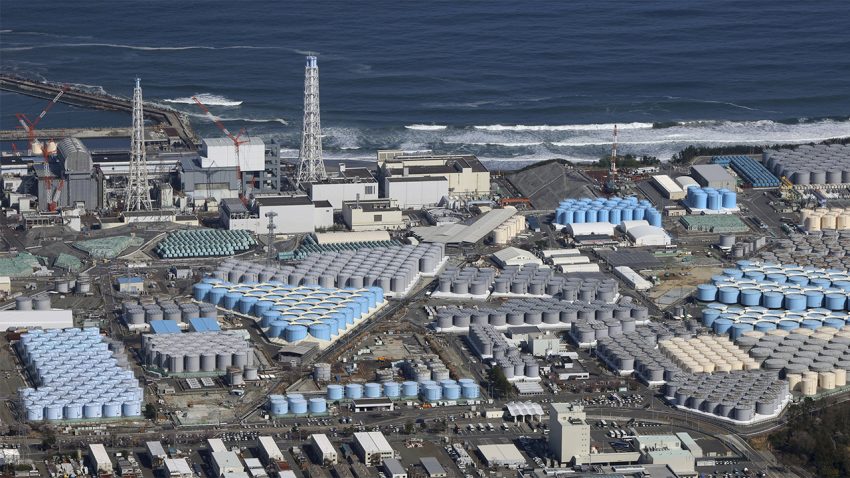Pacific island nations and territories must stick together to hold the Japanese government accountable for any consequences that might result from its release of advanced liquid processing system-treated water from the Fukushima power plant into the Pacific Ocean, Guam Lieutenant Governor, Josh Tenorio said.
“None of these decisions are within our control but I think it will be helpful for all of us to push the Japanese government to make sure they are taking every single precaution,” Tenorio said.
“We need a guarantee, which the Japanese government is giving, to make sure that all regulatory agencies across countries and across the Pacific are going to be keeping track and monitoring if there are any negative changes,” he added.
Japan’s Tokyo Electric Power Company began discharging water from the disabled nuclear power plant into the Pacific Ocean on 24 August, drawing furious reactions from the Pacific neighbors.
The process will continue for the next 30 years.
The United States had no objection, expressing satisfaction with Japan’s assurance that the discharging process would be “safe, transparent, and science-based.”
“Since the disaster, Japan has been open and transparent as it has sought to responsibly manage the Fukushima Daiichi site and the eventual release of treated water, proactively coordinating with scientists and partners from across the Indo-Pacific region as well as with the International Atomic Energy Agency, which concluded that Japan’s process is safe and consistent with internationally accepted nuclear safety standards,” said Matthew Miller, spokesperson for the U.S Department of States.
The long-term discharge of the radioactive water into the sea is part of the decommissioning of the power plant.
In a statement posted on its website, TEPCO said it will “devote all of its resources to ensuring the safety and quality of facility operation, speedily obtaining monitoring results and disseminating that information in an accurate and easy-to-understand manner.”
TEPCO’s reassurances, however, have not dampened regional anxiety over the potentially long-term impact of water dumping on the Pacific marine resources.
“Obviously, we have mixed feelings,” Tenorio said. “It’s been 10 years (since the disaster) and I can understand the need for them to close out that disaster site.
“Based on what I am seeing— and the question I am asking— Japan has demonstrated that they have taken extraordinary care to make sure that they are sanitising this water for discharge. I am just hopeful that all these things they are promising are true and that there will be no impact on the water,” Tenorio said.
He said he had discussed the issue with the Japanese consular office on Guam.
“The Japanese consul told me they are also sharing the (Pacific) water, so they have a job to protect their own people as well and they are confident that they will be able to protect us all,” Tenorio said.
Since the issue involves foreign affairs, CNMI Govenor Arnold Palacios said the territory is in no position to engage the Japanese government.
“But we’re very concerned,” Palacios said. “I have expressed my concern with the Japanese consul on Saipan. They should be a little bit more forthcoming with information to make sure that they protect not just the CNMI and Guam but the rest of the region.”
